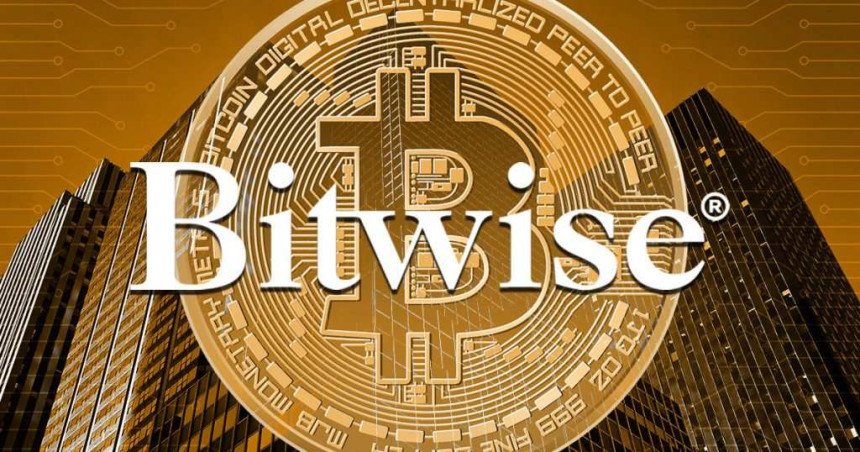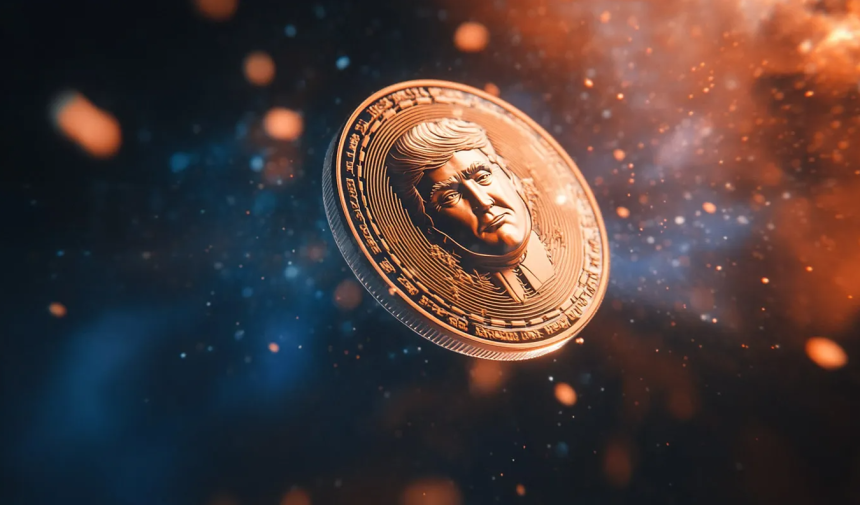
🚀 U.S. Bitcoin Reserve? Bitwise CEO Confirms Groundbreaking Legislation in the Works
The cryptocurrency world is buzzing with excitement as Hunter Horsley, CEO of Bitwise, one of the leading crypto asset management firms, has confirmed that U.S. authorities are actively working on a Bitcoin Reserve bill. This revelation marks a potential turning point in the relationship between the U.S. government and the cryptocurrency industry, signaling a shift toward greater institutional acceptance of digital assets.
What Does a Bitcoin Reserve Mean?
A Bitcoin Reserve would involve the U.S. government holding Bitcoin as part of its national reserves, similar to how it holds gold or foreign currencies. This move would not only legitimize Bitcoin as a store of value but also position the U.S. as a forward-thinking leader in the global financial system.
For years, Bitcoin has been viewed by many as a speculative asset or a tool for financial independence. However, the idea of a national Bitcoin reserve suggests that governments are beginning to recognize its potential as a strategic financial asset.
Why This Matters
Institutional Validation: If the U.S. government were to hold Bitcoin in its reserves, it would send a powerful message to institutional investors and skeptics alike. Bitcoin’s role as a legitimate asset class would be solidified, potentially leading to increased adoption and investment.
Economic Stability: A Bitcoin reserve could serve as a hedge against inflation and currency devaluation, much like gold. In an era of economic uncertainty, diversifying national reserves with Bitcoin could provide additional financial security.
Global Leadership: By embracing Bitcoin, the U.S. could position itself as a global leader in the digital asset space, setting an example for other nations to follow. This move could also help the U.S. maintain its dominance in the evolving financial landscape.
What’s Next?
While the details of the proposed legislation remain under wraps, Horsley’s confirmation has sparked widespread speculation and optimism. Key questions include:
How much Bitcoin would the U.S. government hold?
How would this impact Bitcoin’s price and market dynamics?
What regulatory frameworks would need to be established to support this initiative?
One thing is clear: the conversation around Bitcoin is evolving. What was once considered a fringe asset is now being seriously discussed at the highest levels of government.
The Bigger Picture
This development comes at a time when cryptocurrencies are gaining traction worldwide. From El Salvador’s adoption of Bitcoin as legal tender to the growing interest from institutional investors, the momentum behind digital assets is undeniable. A U.S. Bitcoin reserve could be the next major milestone in this journey.
As Hunter Horsley put it, this is a "watershed moment" for the crypto industry. Whether you’re a Bitcoin enthusiast, a skeptic, or simply curious about the future of finance, this is a story worth watching.
What do you think about the possibility of a U.S. Bitcoin reserve? Could this be the catalyst for mainstream adoption, or are there risks we should be cautious about? Share your thoughts in the comments below!
#Bitcoin #Crypto #Blockchain #BitcoinReserve #DigitalAssets #Finance #Innovation #Bitwise





